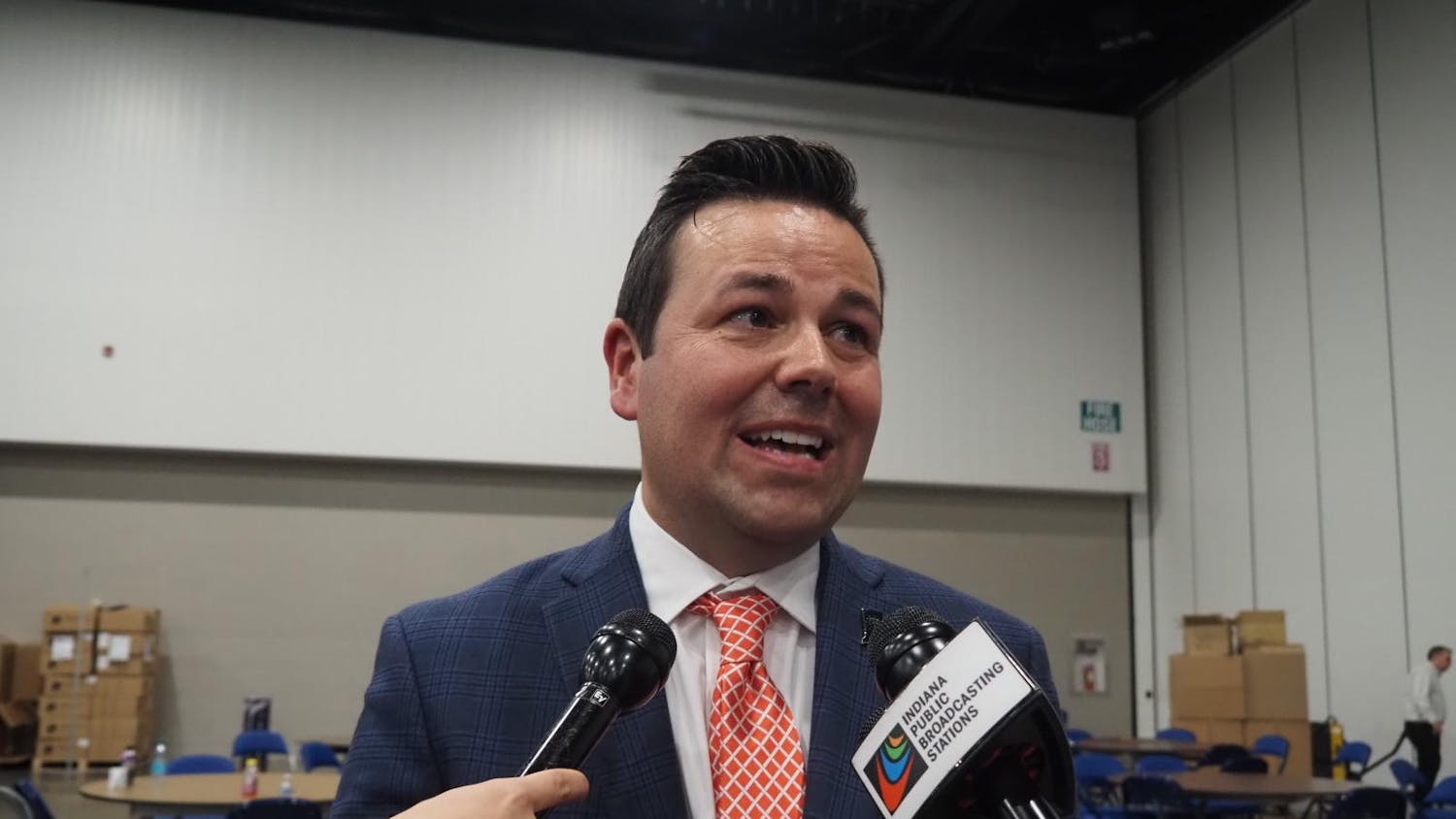Every year around this time, red ribbons and condoms are passed out and events are held in honor of AIDS awareness. This year is no different, with AIDS Awareness Week: Safe Love 2001. But each year, the activities are expanded a little more to include more general information about safer sex and other sexually transmitted diseases other than AIDS. This education is necessary, and it is what makes the week a success.\nStudents have constantly been bombarded with information about HIV and AIDS. But so much focus has been put on this disease that some people have never even heard of chlamydia or gonorrhea, let alone know how to identify them or protect themselves. Many STDs are really curable infections or can be controlled with medications. But if they go untreated the consequences could be severe -- even resulting in infertility.\nTwo-thirds of all STDs occur in people 25 years old or younger, according to the American Social Health Association, and a lot of those people aren't getting treated. One in five Americans have genital herpes, but 90 percent are unaware they have it, according to the American Social Health Association. And less than half of adults ages 18 to 44 have ever been tested for an STD other than HIV and AIDS, the organization says. The number one reason for this is ignorance.\nBy including broader programming in the Safe Love 2001 week, campus and community organizations are taking a step toward combating this ignorance. Thursday, Health and Wellness Education is sponsoring a "Get Safe For Everyone!" safer sex program to show students how to protect themselves not only from HIV, but from other STDs as well. All week condoms and safer sex information will be available at the activities desk in the Union. Thursday and Sunday, "The Vagina Monologues" will be performed to speak out against violence against women. These events make the week about more than just AIDS and extend awareness to cover education on STDs.\nBut the AIDS part of the week is equally important. Incidence of the disease among adolescents is still rising and HIV-related illnesses and death now have the greatest impact on young people, according to the Centers for Disease Control. Education needs to exist on both AIDS and other STDs to be effective.\nThe only way to stop the spread of AIDS and other STDs is to get a dialogue going so people can feel comfortable talking openly on the subject and asking questions to educate themselves. AIDS Awareness Week: Safe Love 2001 is an opportunity for all of us to do this.
Safe Love Week adds to education
STD, AIDS information necessary to keep students, community safe
Get stories like this in your inbox
Subscribe




